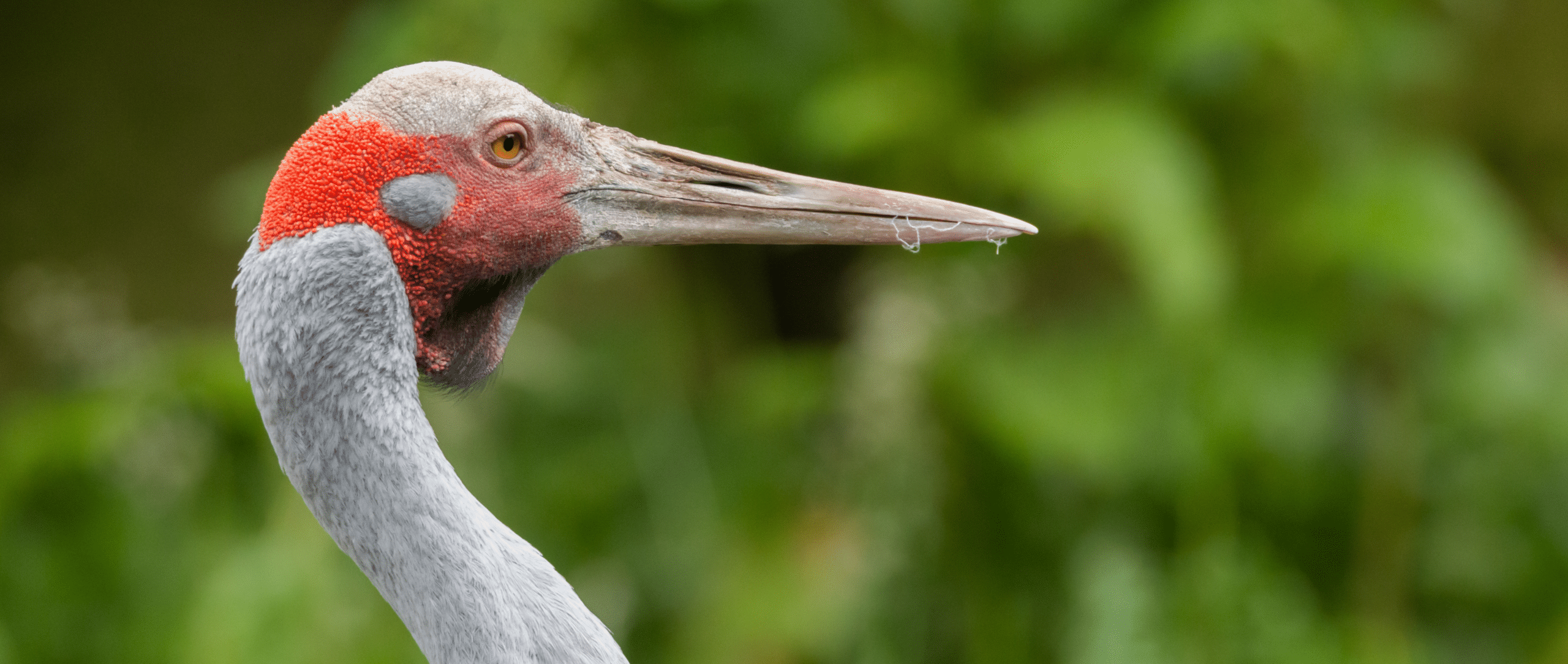SYDNEY (January 14, 2026)— Humane World for Animals Australia (previously known as Humane Society International Australia) is proud to have secured protection for two Murray Darling Basin wetland ecosystems under Australia’s new nature laws announced by Federal Environment Minister Murray Watt today. The Lower Murray, including the Coorong at the river mouth, and the Macquarie Marshes have both been listed as Critically Endangered “Threatened...

African Elephant in Zimbabwe – Pixabay
Elephants are among the most intelligent and emotionally complex animals on Earth. They form lifelong bonds, live in tight-knit family groups, and mourn their dead. They are ecosystem engineers — shaping the landscapes they move through — and cultural icons, celebrated in stories, art, and memory across the globe.
But this World Elephant Day, we’re reminded that their future still hangs in the balance.
Thousands of elephants are killed each year for their ivory — their lives reduced to decorative objects and collectibles. According to the International Union for Conservation of Nature (IUCN), Asian elephants and African bush elephants are both listed as Endangered, while African forest elephants are considered Critically Endangered. And while international trade in ivory across country borders has since been banned under the Convention on International Trade in Endangered Species (CITES), many countries — including Australia — still allow ivory to be bought and sold domestically within our borders.
The ivory loophole: Why domestic sales matter
Australia no longer permits the import or export of elephant ivory without strict controls — including statutory declarations, expert age assessments, and CITES documentation where applicable. But that doesn’t mean the trade has stopped. Under current law, ivory can still be bought and sold within the country if it’s claimed to be “antique” or “second-hand.” In practice, this creates a gaping loophole — one that continues to undermine both conservation efforts and consumer awareness.
There is no national registry or mandatory certification process for ivory traded within Australia. While the country contributes seizure data to CITES’s Elephant Trade Information System (ETIS), that system only tracks illegal trade — it does not verify the legality of items sold domestically. Sellers can legally claim an item is antique without having to provide independent proof or documentation. As a result, newly poached ivory can be laundered into the market, disguised as old stock.
This system doesn’t just enable illegal activity — it also sends the wrong message. When ivory is still available in antique shops, auction houses, and online marketplaces, it gives the impression that owning ivory is acceptable. That it’s a collector’s item, not a symbol of cruelty and impending extinction. As long as legal loopholes exist, demand will persist.
A promise unfulfilled
In 2019, then-Environment Minister Sussan Ley committed to closing the domestic ivory market, stating it was time for Australia to do its part. Minister Ley acknowledged the loopholes in Australia’s laws and pledged to close them. The Australian delegation conveyed this commitment to the UN CITES on the floor of its 2019 Conference of the Parties (CoP). The announcement was welcomed by the international community, conservationists, policy experts, and the Australian public — many of whom believed the issue had finally been put to rest.
But six years have passed, and that promise remains just that — a promise.
There is no national legislation. No federal ban. No concrete timeline. Despite bipartisan support in the federal parliament and unanimous support from state governments, the Australian government has yet to follow through. In the meantime, ivory continues to be bought and sold on Australian soil, undermining our reputation as a responsible global citizen.
Other countries have taken decisive action. In 2018, the United Kingdom passed one of the world’s toughest ivory bans. The United States has restricted nearly all domestic sales, and China — once the world’s largest ivory market — shut down its legal trade in 2017. These reforms have led to measurable reductions in demand.
Australia, by contrast, is falling behind — and in doing so, we risk becoming a weak link in the global fight against wildlife trafficking.
Next steps
At Humane World for Animals, we’re calling on the Albanese Government to honour the Australian Government’s 2019 commitment by introducing stand-alone legislation that bans the domestic trade in ivory. The law must close loopholes that allow items to be sold as “antiques,” prohibit all forms of domestic sale regardless of age or origin, and bring Australia in line with global efforts to end the ivory trade once and for all.
If you believe elephants should be protected, not exploited, now is the time to speak up. Send a message to the Federal Environment Minister today and call for a national ban on ivory sales. Together, we can help close this cruel and outdated market.
Help us ban Australia’s domestic trade in ivory.


